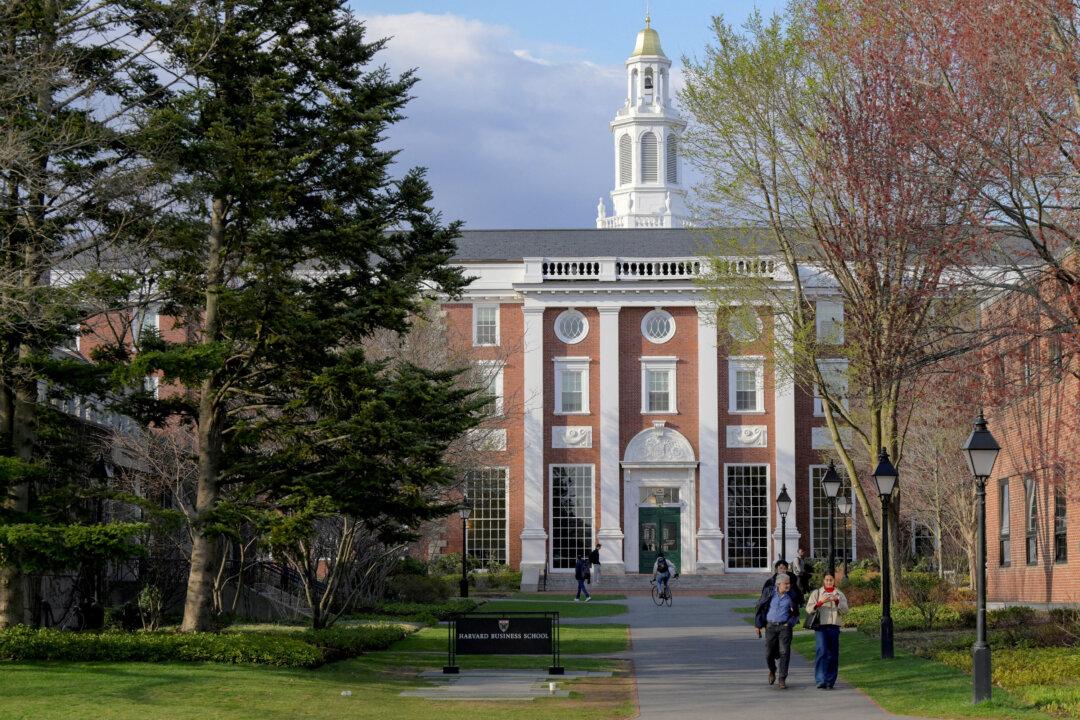Harvard University will allocate $250 million over the next year to support campus research, after the Trump administration suspended more than $2.6 billion in federal grants and awards to the Ivy League school.
The money will help sustain “critical research activity for a transitional period,” Harvard President Alan Garber and Provost John Manning said in a joint statement on Wednesday, pledging continued support for faculty, postdocs, students, and staff affected by the cuts.





